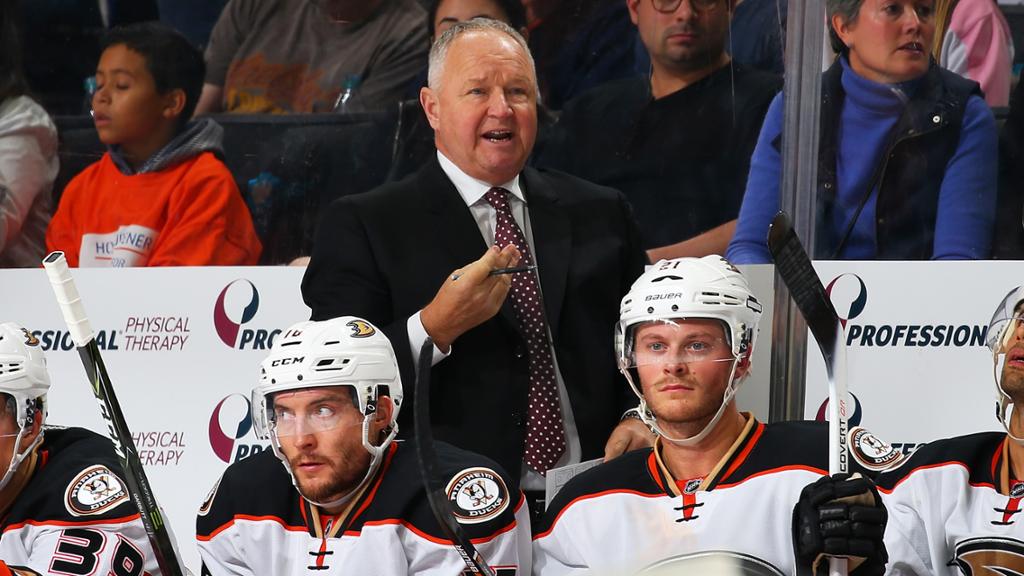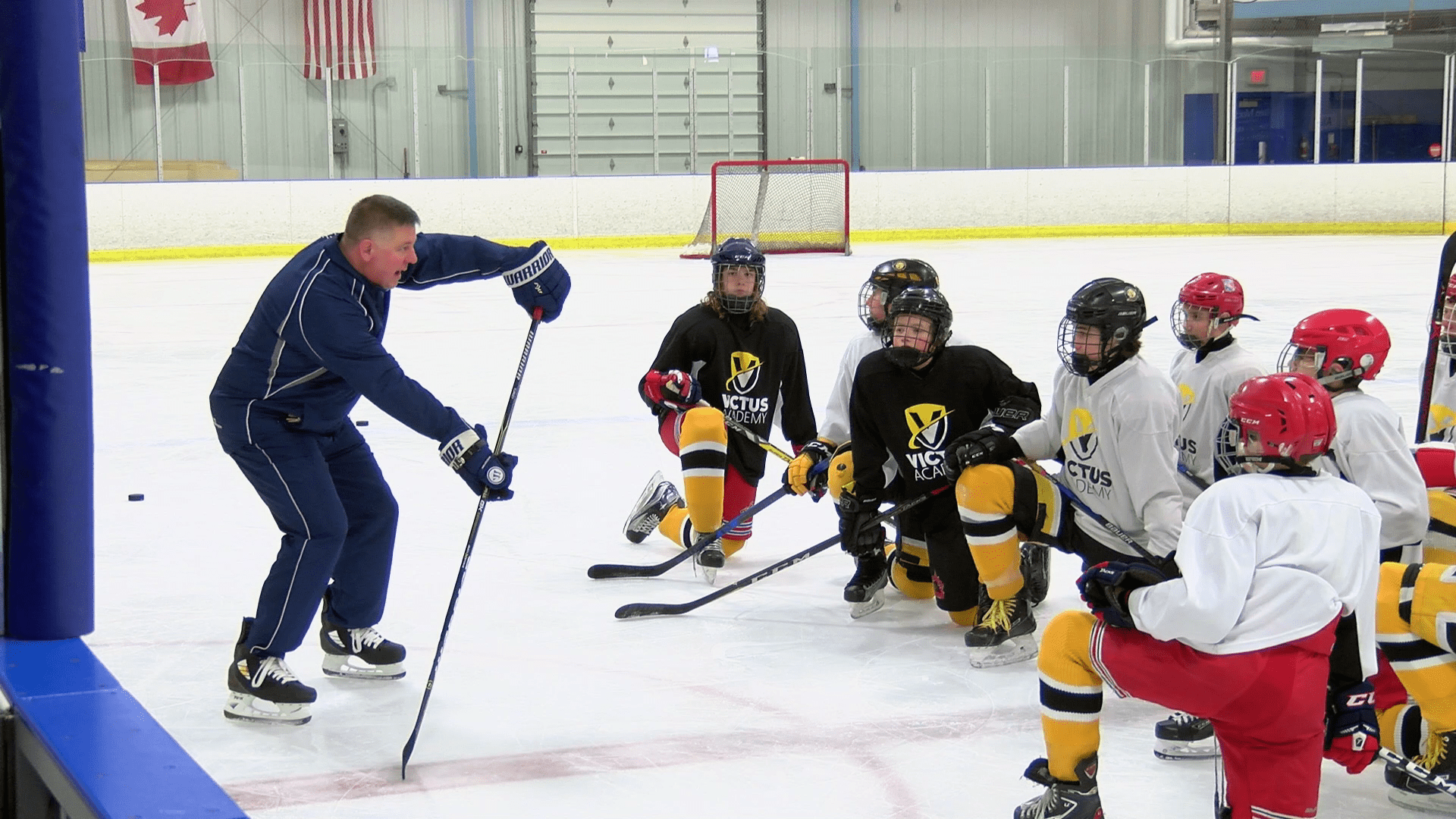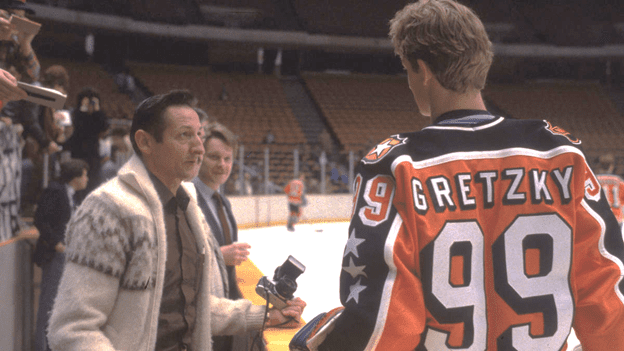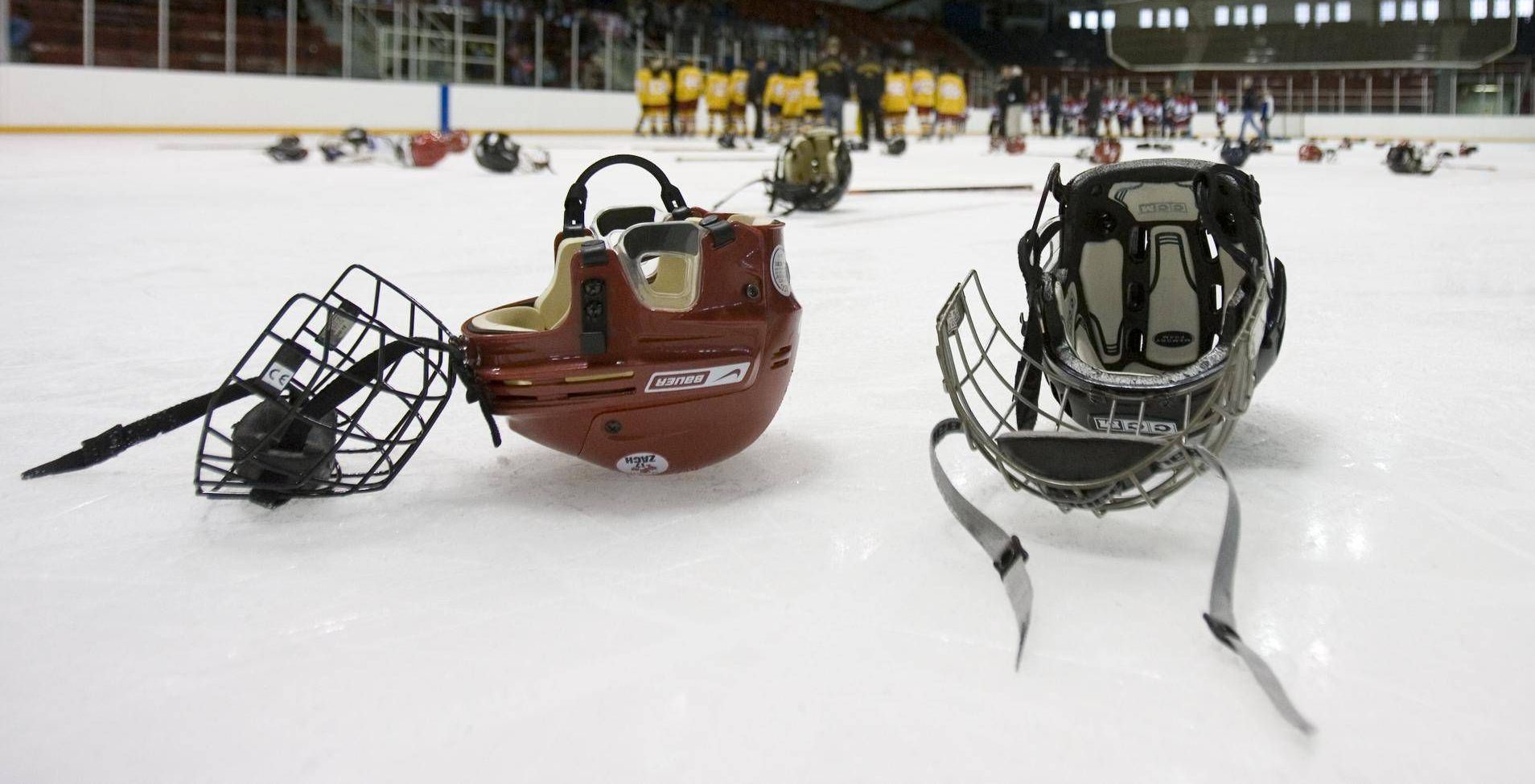There are currently 31 active NHL teams, and each has a roster of 23 players that participate in a season. That means that every year, the NHL features around 700 players.
But the NHL doesn’t feature the same 700 players season after season. Some players retire and others are drafted from lower levels to take the place of the retirees. Most people know what’s going on with the 700-or-so athletes in the spotlight while the NHL season is underway.
But what happens to the NHL players who retire?
Some ex-NHL players fall back on the money they made from the sport and retire from working in general. Other ex-NHL players still have the motivation to work but completely switch careers like Sean Avery, who took up modelling and restaurant management after ending his 12-year NHL career in 2012.
However, NHL players spend years developing and perfecting a unique hockey skillset. If they choose to stop working or to switch careers when they retire from the NHL, their skills will largely be going to waste. So, many ex-NHLers stick with the sport. Instead of playing, they find something else that’s hockey-related, like coaching.
The transition from NHL player to hockey coach is natural for many ex-NHLers. They already have a professional hockey skillset from when they were a player, so they can now use their experience to teach current NHL players and other emerging hockey stars.
Here are four of the best NHL players turned coaches:
1. Randy Carlyle
One of the most recognizable names in NHL history, both for playing and for coaching, is Randy Carlyle.
Randy began his NHL career by playing for the Toronto Maple Leafs (and some games for the Dallas Black Hawks) from 1976-78. From there, Randy played for the Pittsburgh Penguins until 1984, then he played for the Winnipeg Jets until 1993, capping off an impressive 17-year professional playing career.
In total, Carlyle dressed for over 1,000 NHL games. He also won the James Norris Memorial Trophy during the 1980-81 season as the NHL’s best defenseman.
Immediately following his esteemed playing career, Carlyle switched to coaching, acting as the head coach for various NHL and IHL teams over the next 26 years. Carlyle coached the Winnipeg Jets, the Washington Capitals, the Anaheim Ducks, the Toronto Maple Leafs, and the IHL’s Manitoba Moose. Talk about a breadth of experience!
Combined with his playing career, Randy Carlyle spent 43 years active in the NHL!
2. Patrick Roy
Patrick Roy, nicknamed “Saint Patrick,” is considered one of the best NHL goaltenders of all time, which explains why he had successful playing and coaching careers.
Roy was drafted to play for the Montreal Canadiens in 1984, where he spent 11 seasons as one of the strongest goalies in the NHL. Roy was traded to the Colorado Avalanche in the 1995-96 season after hefty arguments with Montreal’s new head coach, Mario Tremblay. Roy played for the Avalanche until 2003, when he announced his retirement after a 19-year playing career.
Roy then served as the head coach for the Quebec Ramparts of the QMJHL from 2005-2013, making a brief return to the NHL as the head coach of the Colorado Avalanche from 2013-2016, succeeding Joe Sacco.
Roy is one of the most decorated players in NHL history. He won four Stanley Cups during his playing career, he received the Conn Smythe Trophy three times (the only NHL player to ever do so), and was inducted into the Hockey Hall of Fame in November 2006. During the 2013-14 season as head coach of the Avalanche, Roy won the Jack Adams Award as the NHL’s best coach. To top it all off, Roy was chosen as the “greatest goaltender in NHL history” in 2004 by a panel of sports writers and a fan poll.
Although Patrick Roy isn’t currently active in the NHL, he made a contribution that will long outlive his already impressive pro hockey career. Roy popularized the “butterfly” style of goaltending, in which a goalie drops to his knees to defend the lower portion of the net by aligning his pads horizontally. Today, the butterfly style of goaltending is by-far the most common technique for goalies.
3. Joe Sacco
Joe Sacco is one of two Sacco brothers (the other being David Sacco) to have played in the NHL.
Joe spent 13 years playing for 5 different NHL teams. He played for the Toronto Maple Leafs from 1990-1993, the Anaheim Ducks from 1993-1998, the New York Islanders from 1998-1999, the Washington Capitals from 1999-2002, and spent a final season with the Philadelphia Flyers in 2002-03.
After his retirement in 2003, Joe spent a few years coaching AHL teams before acting as the head coach of the Colorado Avalanche for four seasons from 2009-2013. During his time as head coach, Joe was nominated for the Jack Adams Award. In 2013, Sacco was succeeded by Patrick Roy as the new head coach of the Avalanche.
On July 24, 2014, Joe was hired by the Boston Bruins as an assistant coach, a position he’s held ever since.
4. Bryan Trottier
Bryan “Trots” Trottier was drafted as a centre for the New York Islanders in 1974. Trottier stayed with the Islanders until 1990, for 15 seasons, during which he became known for his offensive success.
In 1978, Trottier set the NHL record for the most points scored in a single period (4 goals and 2 assists). He is also one of few NHL players who have scored 5 or more goals in multiple games. In the 1978-79 season, Trottier scored a total of 134 points, earning him the Art Ross Trophy as the NHL’s top scorer. He also picked up the Hart Memorial Trophy the same year as NHL MVP and won the Conn Smythe Trophy as the playoff MVP the following season.
Of course, Trottier’s individual success translated to team success. He managed to win a whopping 4 Stanley Cups while playing for the Islanders.
After 1990, Trottier played another 3 seasons for the Pittsburgh Penguins before announcing his retirement in 1994. At the time Trottier retired, he had scored the sixth-most points in NHL history.
Unfortunately, Trottier’s coaching career wasn’t as successful as his playing career. After retiring as a player, Trottier served as the assistant coach for the Pittsburgh Penguins (1994-1997) and the Colorado Avalanche (1997-2001). In 2002, he was named the head coach of the New York Rangers, but was promptly fired after only half a season because he faced franchise and fan backlash for his misuse of the team’s offensive players.
Trottier later served as the assistant coach of the Buffalo Sabres in the 2014-15 season.
Although Trottier’s coaching career is less illustrious, he’ll always be remembered as one of the greatest players in NHL history.







